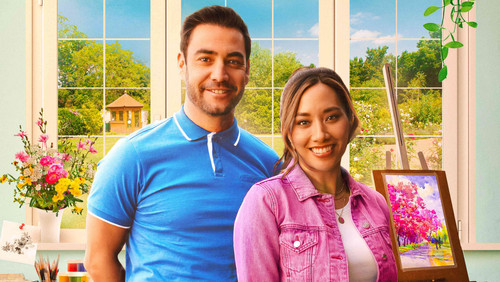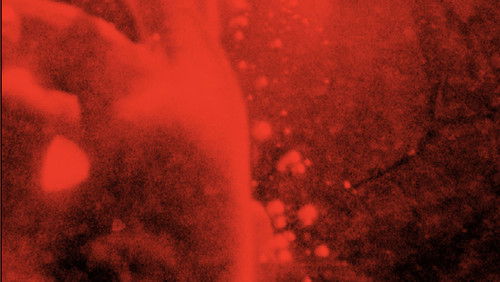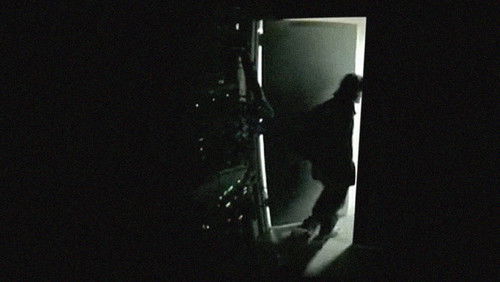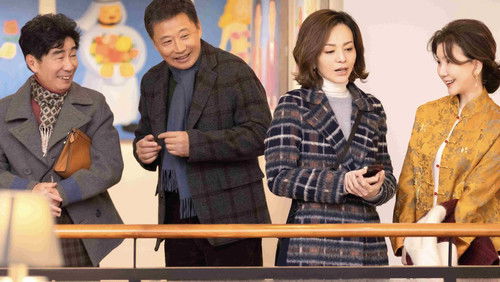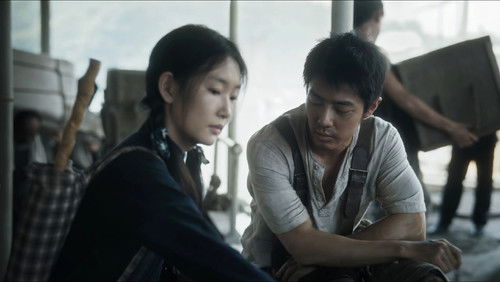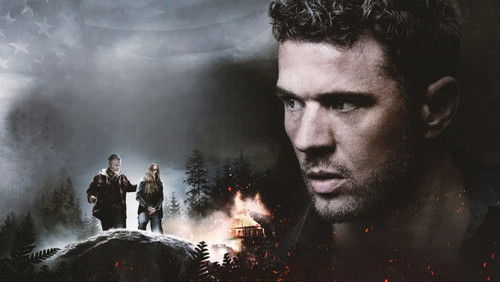Anna Christie (1930)
53KAnna Christie: Directed by Clarence Brown. With Greta Garbo, Charles Bickford, George F. Marion, Marie Dressler. A young woman reunites with her estranged father and falls in love with a sailor, but struggles to tell them about her dark past.
“For Greta Garbou0026#39;s first talking picture, MGM wisely chose Eugene Ou0026#39;Neillu0026#39;s Pultizer Prize winning 1921 play ANNA Christie. u003cbr/u003eu003cbr/u003eAlso wisely, the producers backed Garbo up with not one but two members of the Original Broadway Cast (George Marion as Annau0026#39;s father, Chris, and James T. Mack as Johnny the Priest – transmuted to u0026quot;Johnny the Harpu0026quot; for films so as not to offend). u003cbr/u003eu003cbr/u003eThis little change is interesting. Like too many films accused (by those who want MOVIES to be MOVIES and ignore their origins) of being u0026quot;little more than filmed stage plays,u0026quot; the problem is not the play but the movie makers who wouldnu0026#39;t be more faithful to the property. By diluting a great cinematic stage work so it wouldnu0026#39;t offend anyone, or opening it up because they COULD, too many lose the very qualities which made the piece worth filming in the first place. u003cbr/u003eu003cbr/u003eFortunately, the respect the studio had for both Ou0026#39;Neill and Garbo allowed ANNA Christie to survive the normally destructive process admirably in Frances Marionu0026#39;s generally sensitive screen adaptation. Wonder of wonders, Marion even allows the POINT of the scene where Garbou0026#39;s Anna reveals her past on u0026quot;the farmu0026quot; to the man she badly wants to marry and the father who sent her there in tact! What the League of Decency must have thought of that! u003cbr/u003eu003cbr/u003eThe source playu0026#39;s greatest problem has always been that Chrisu0026#39;s friend Marthy tends to walk away with the first act and then disappears from the last two so that Anna can take stage – the two sides of the genuinely good woman men donu0026#39;t always recognize. u003cbr/u003eu003cbr/u003eThe perfectly cast Marie Dressler (who had cut her teeth on the Broadway stage as well before going to Hollywood) is the perfect balance for Garbou0026#39;s Anna in this area as well and the fast moving film at only 90 minutes, doesnu0026#39;t allow us too much time to miss her – one of the few benefits from atmosphere being shown rather than eloquently described in the original – AND screenwriter Marion is wise enough to stray from Ou0026#39;Neill to bring Dressler back for a touching scene two thirds of the way through the film that will remind many of Julie Laverneu0026#39;s second act appearance in SHOW BOAT. u003cbr/u003eu003cbr/u003eAnna and Marthyu0026#39;s early scene together on screen (16 minutes into the film) taking each otheru0026#39;s measure and setting up all the tension of the rest of the story is among the most affecting scenes in the entire piece. Not to be missed. u003cbr/u003eu003cbr/u003eANNA Christie is great tragic play and a good film drama. Itu0026#39;s hard to imagine that a latter day remake, which would almost certainly lose the grit and atmosphere of this 1930 remake (it was first filmed without sound in 1923 – also with George Marionu0026#39;s original Broadway Chris) could improve on this excellent filming. u003cbr/u003eu003cbr/u003eThe internal scenes hew closest to the play, but the exteriors shouldnu0026#39;t be missed by anyone with an eye to atmosphere. While the background screen work is not to modern technical standards, the backgrounds give a better glimpse than most films of the era of the actual world in which the screen play is set (especially in the New York harbor).u003cbr/u003eu003cbr/u003eNearly all Garbou0026#39;s naturalistic performances of the sound era have held up superbly (only the too often parodied death scene from CAMILLE, 7 years later, will occasionally draw snickers because of the heavy handed direction and the parodies), but this ANNA Christie, together with the variety of her 1932 films, MATA HARI and GRAND HOTEL, and the sublime Lubitsch touch on her 1939 comedy, NINOTCHKA (u0026quot;Garbo laughs!u0026quot;), surely stand as her best.u003cbr/u003eu003cbr/u003eOu0026#39;Neill fans who are taken with this play at the edge of his lauded u0026quot;sea plays,u0026quot; should track down the fine World War II shaped film released in the year before the U.S. entered the conflict, THE LONG VOYAGE HOME (1940). It is almost as skillfully drawn from those sea plays as this one is from ANNA Christie, and features a youngish John Wayne in one of his rare non-Westerns supporting a fine cast of veteran actors showing him the way.”
